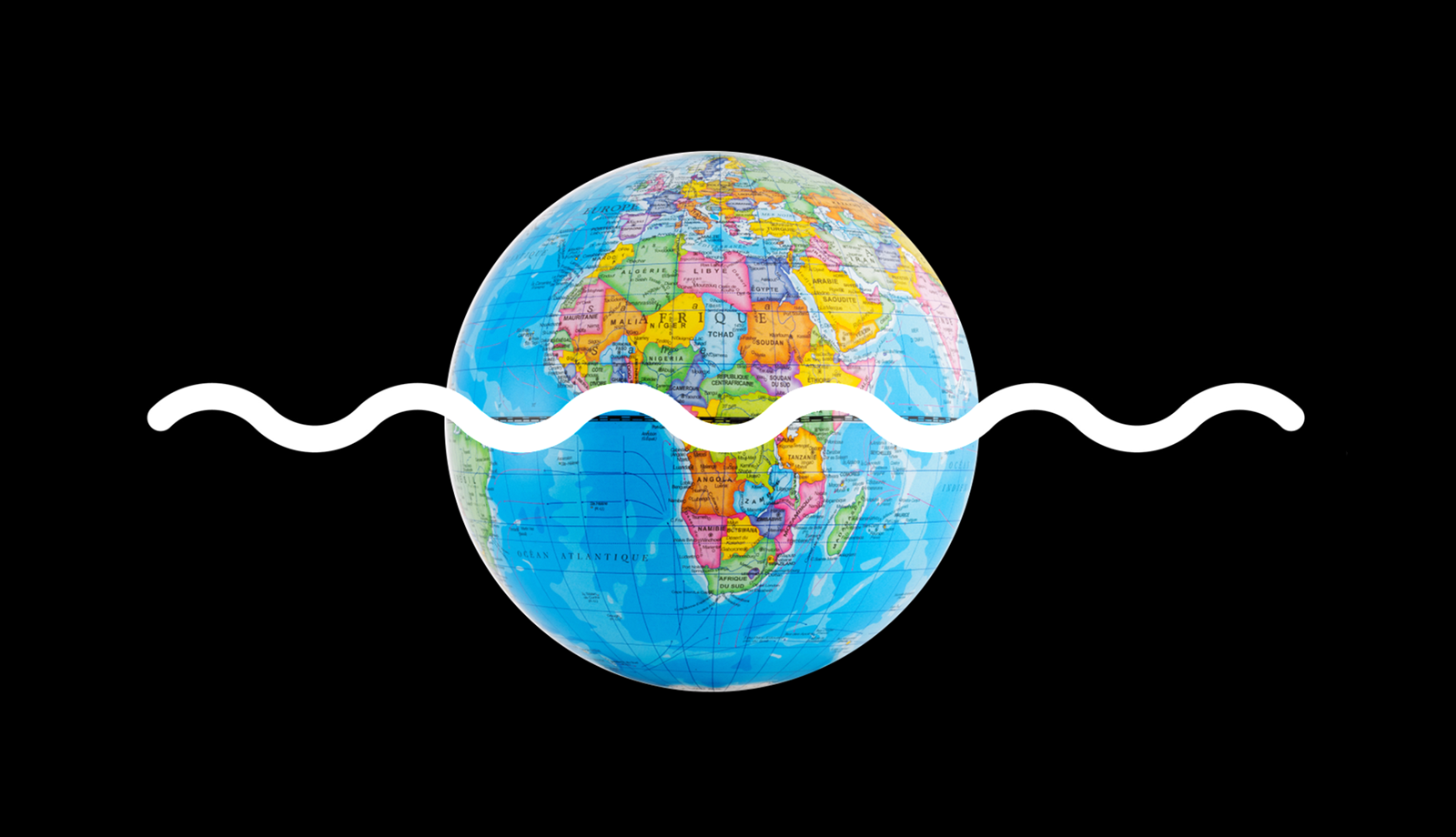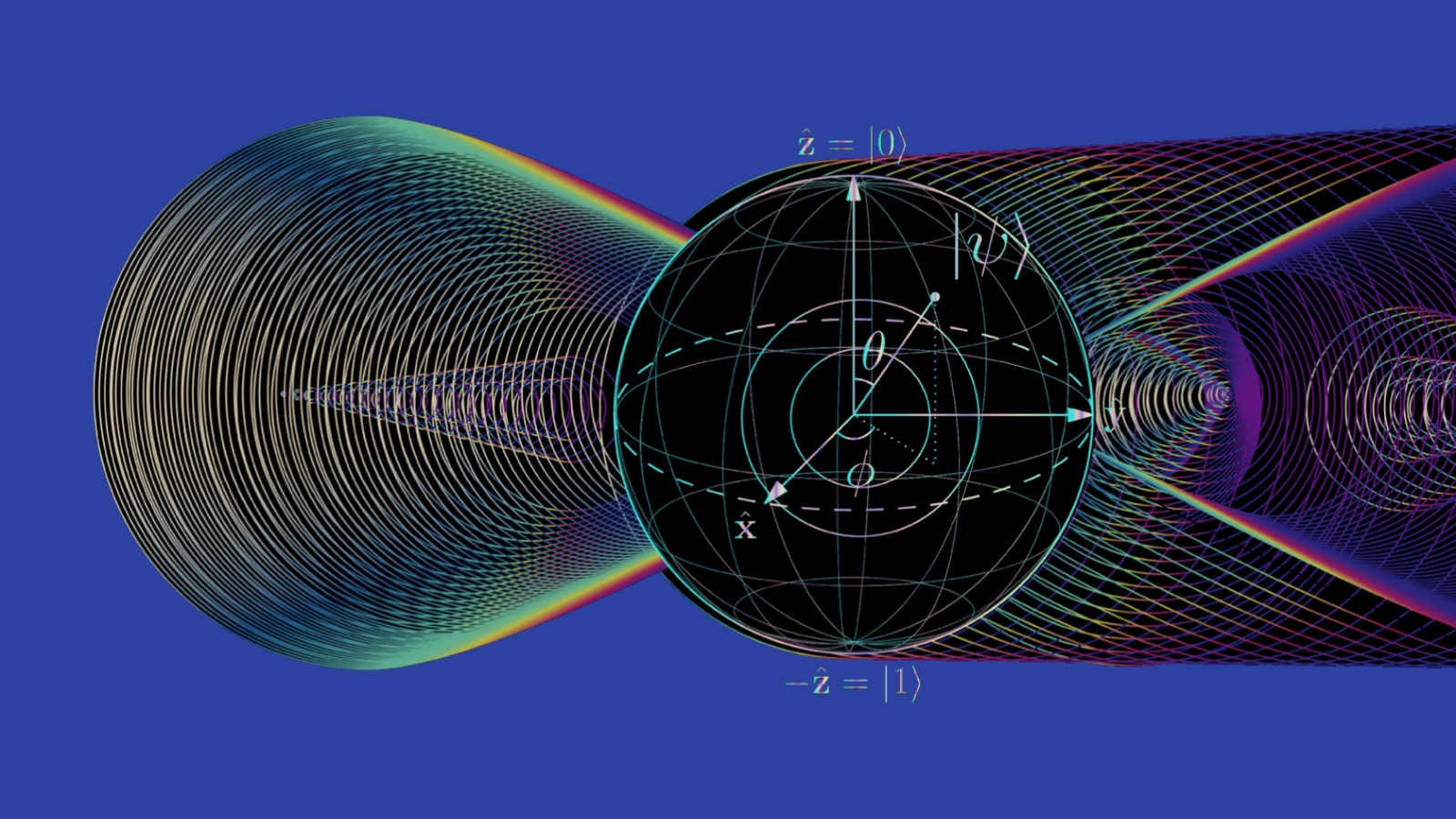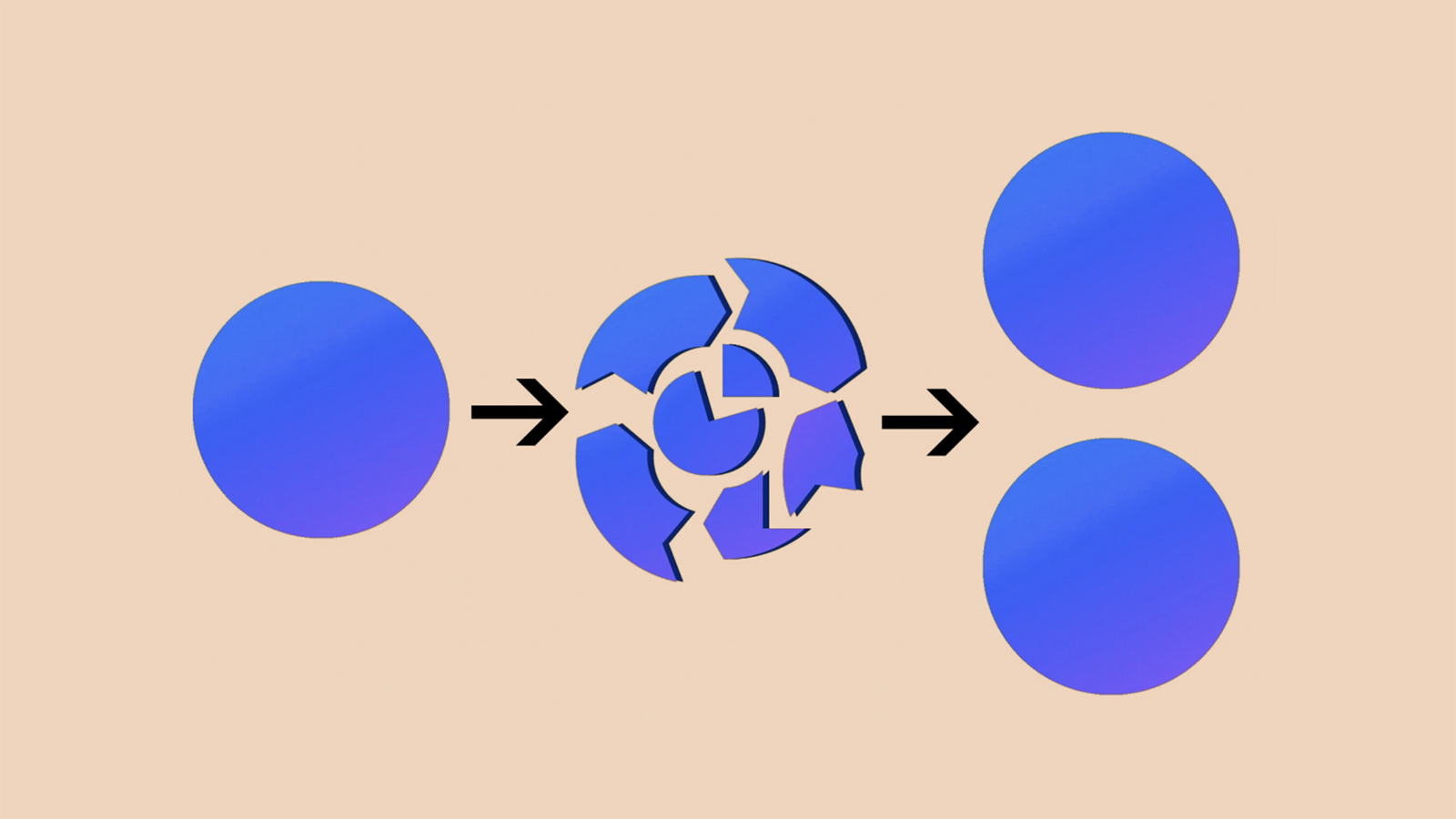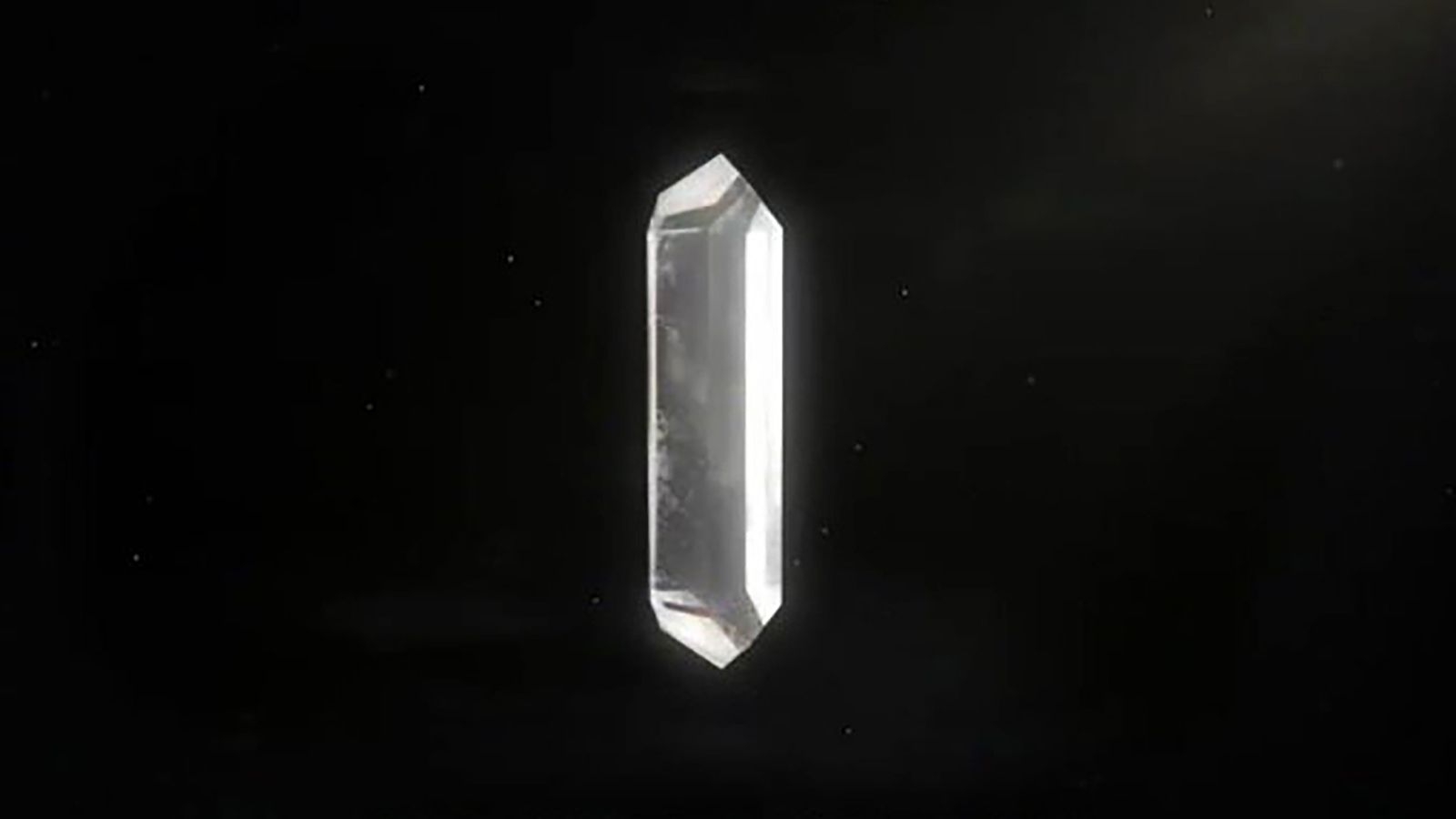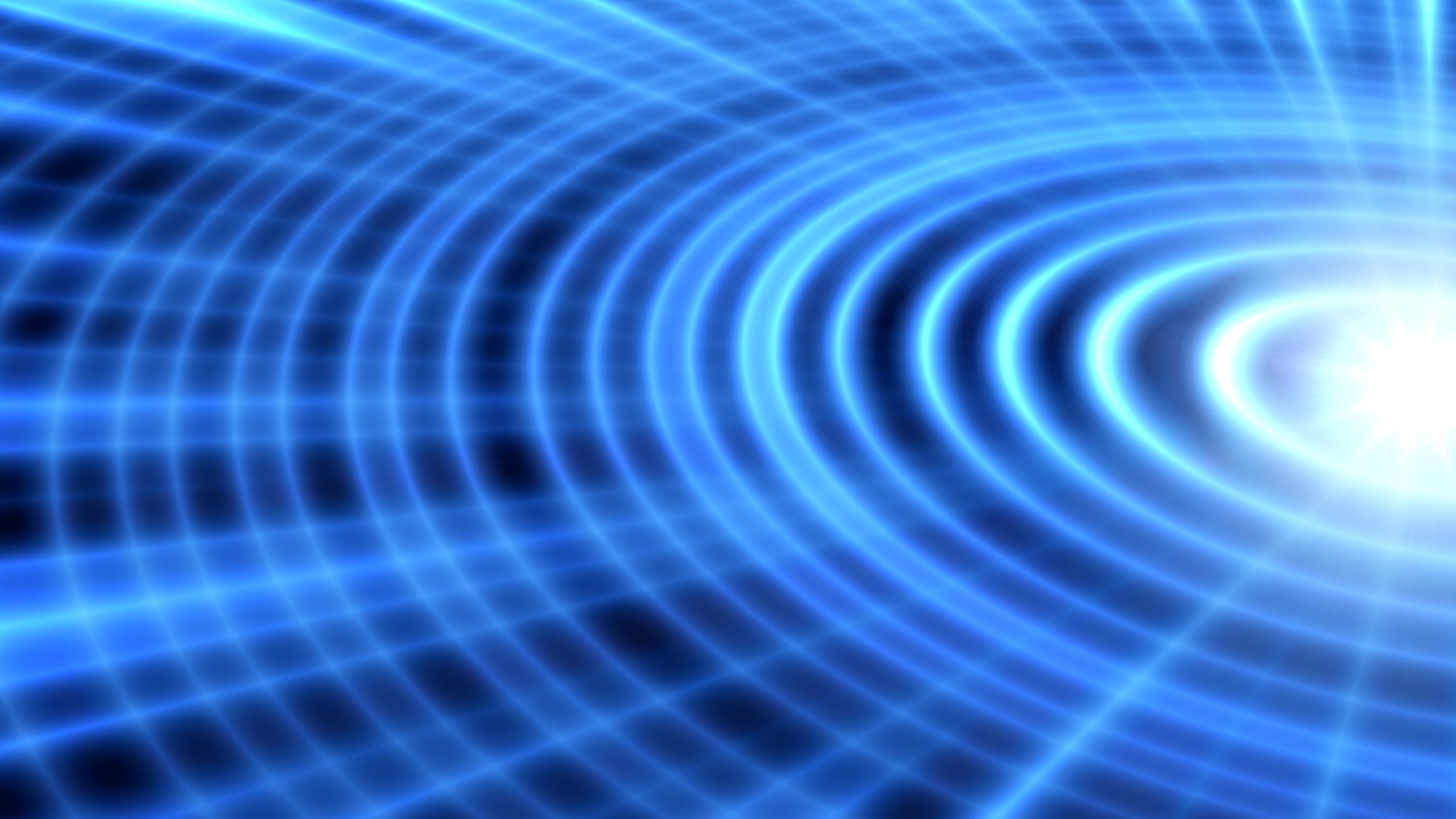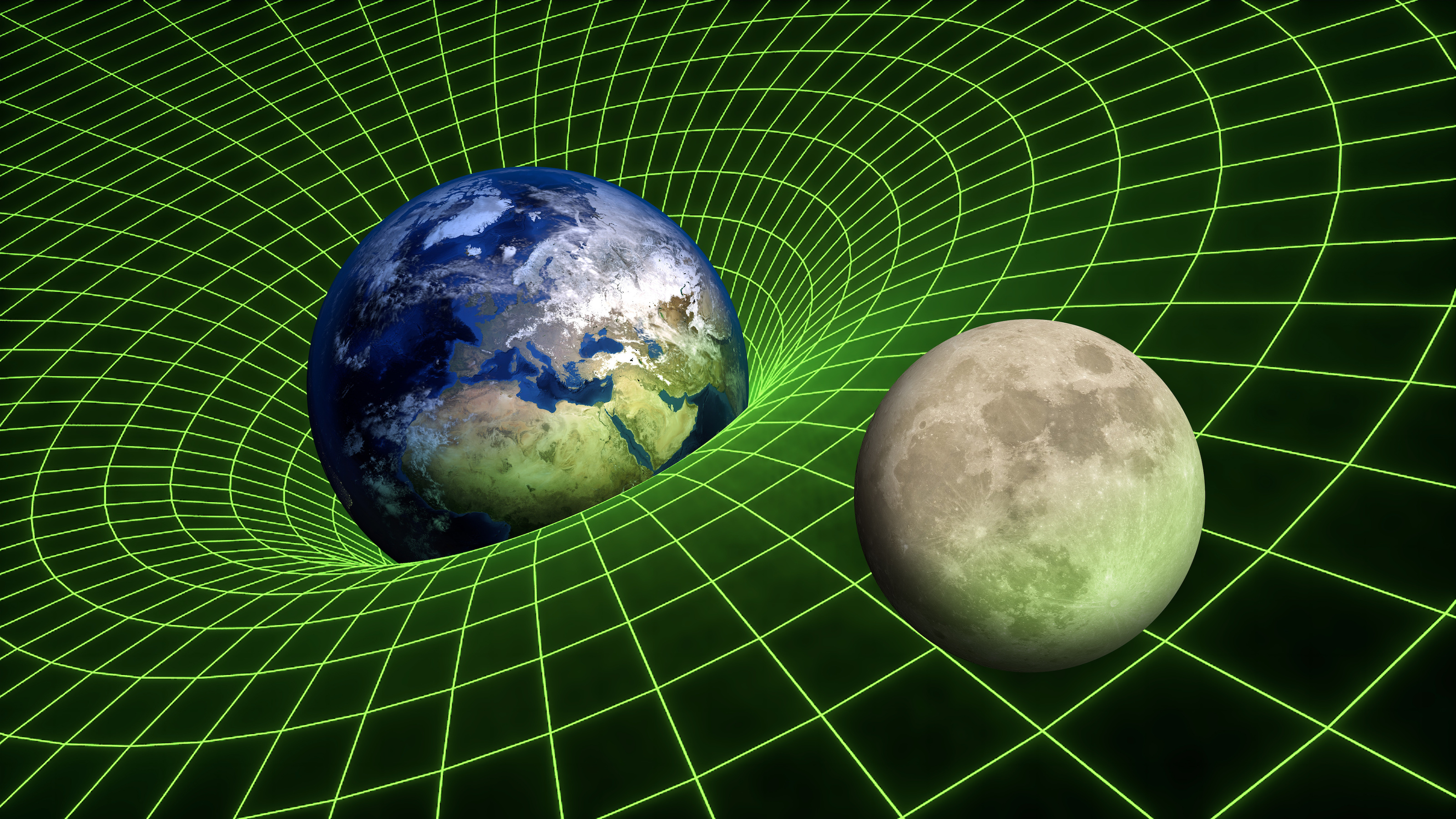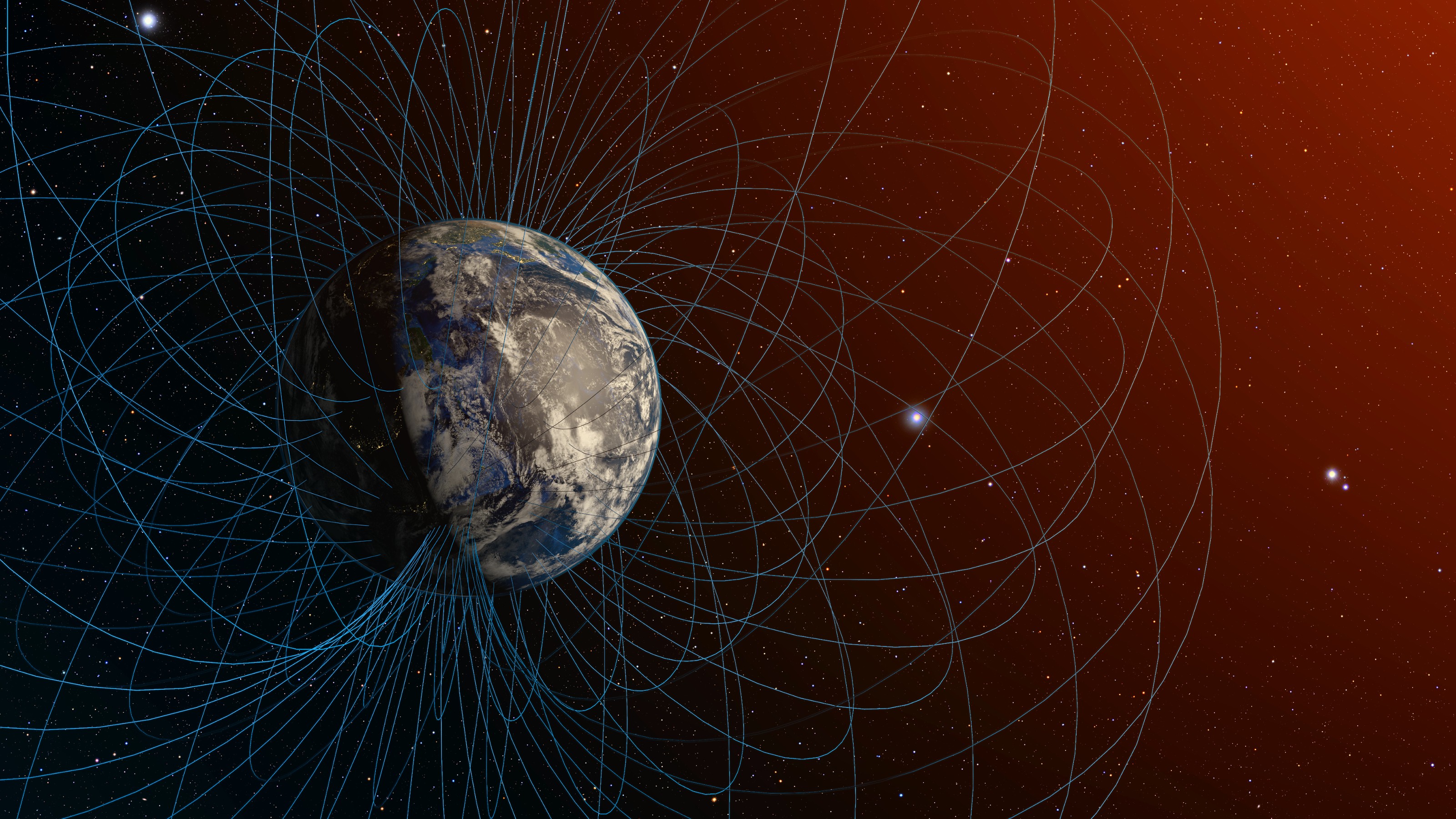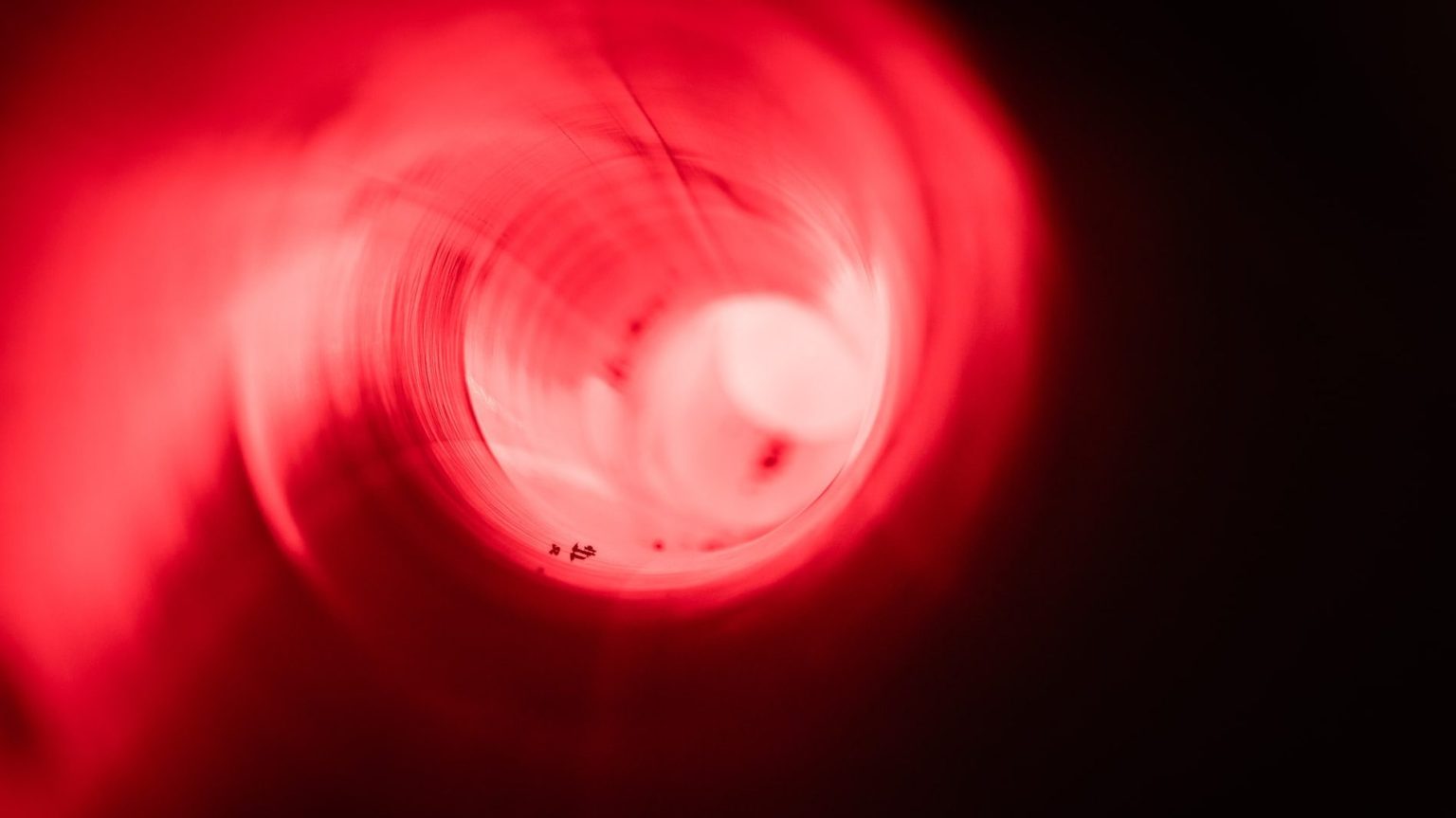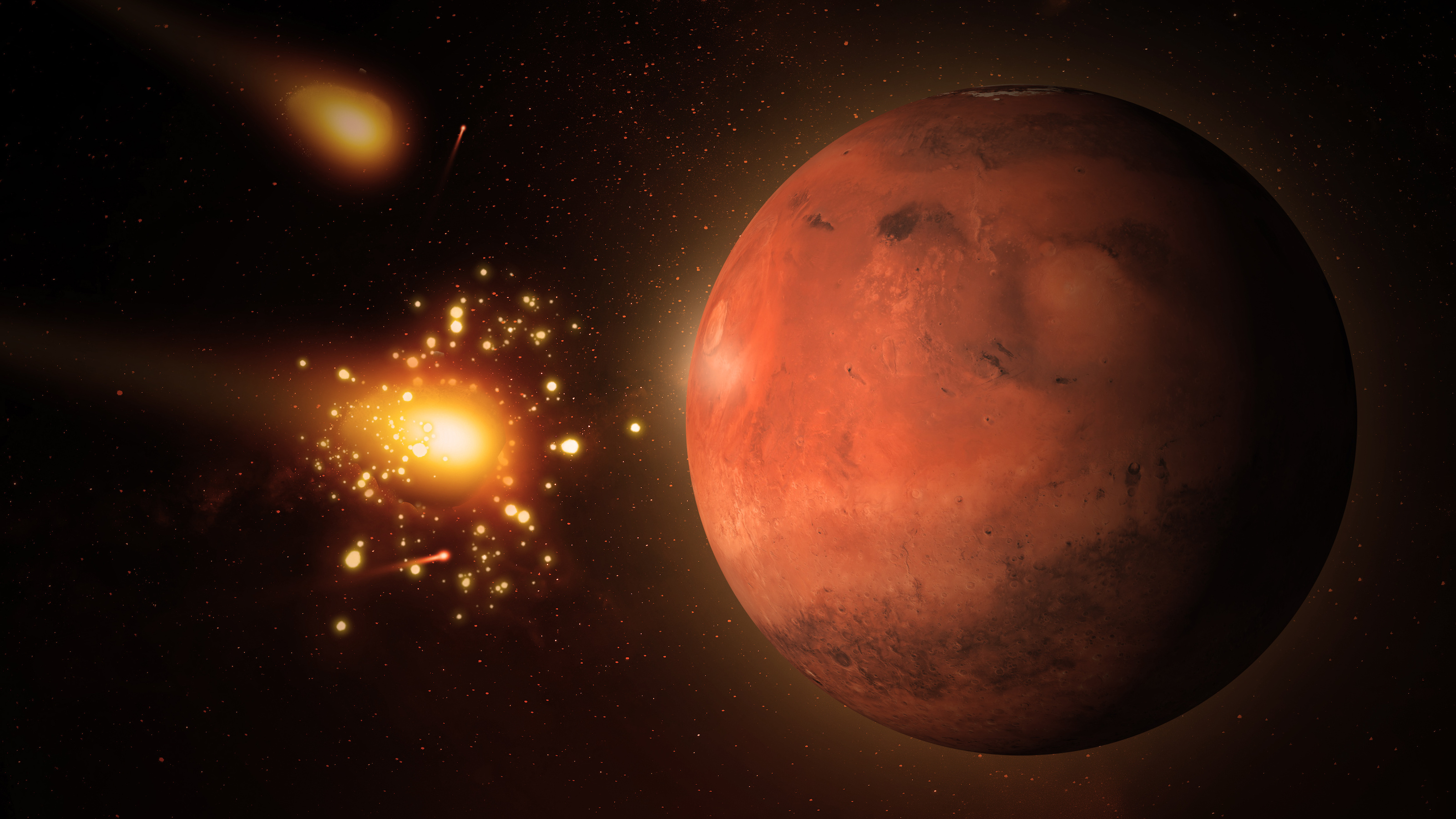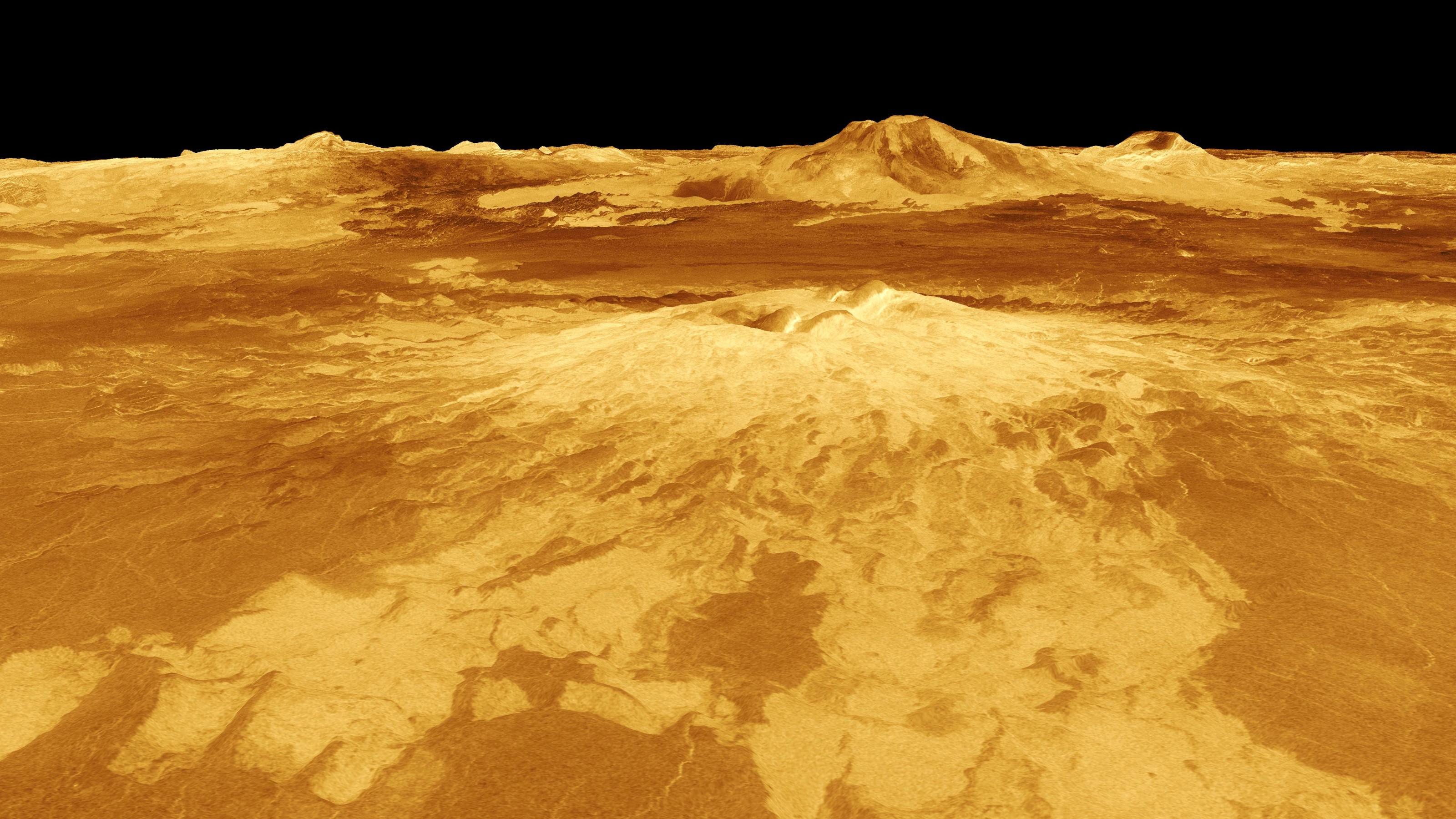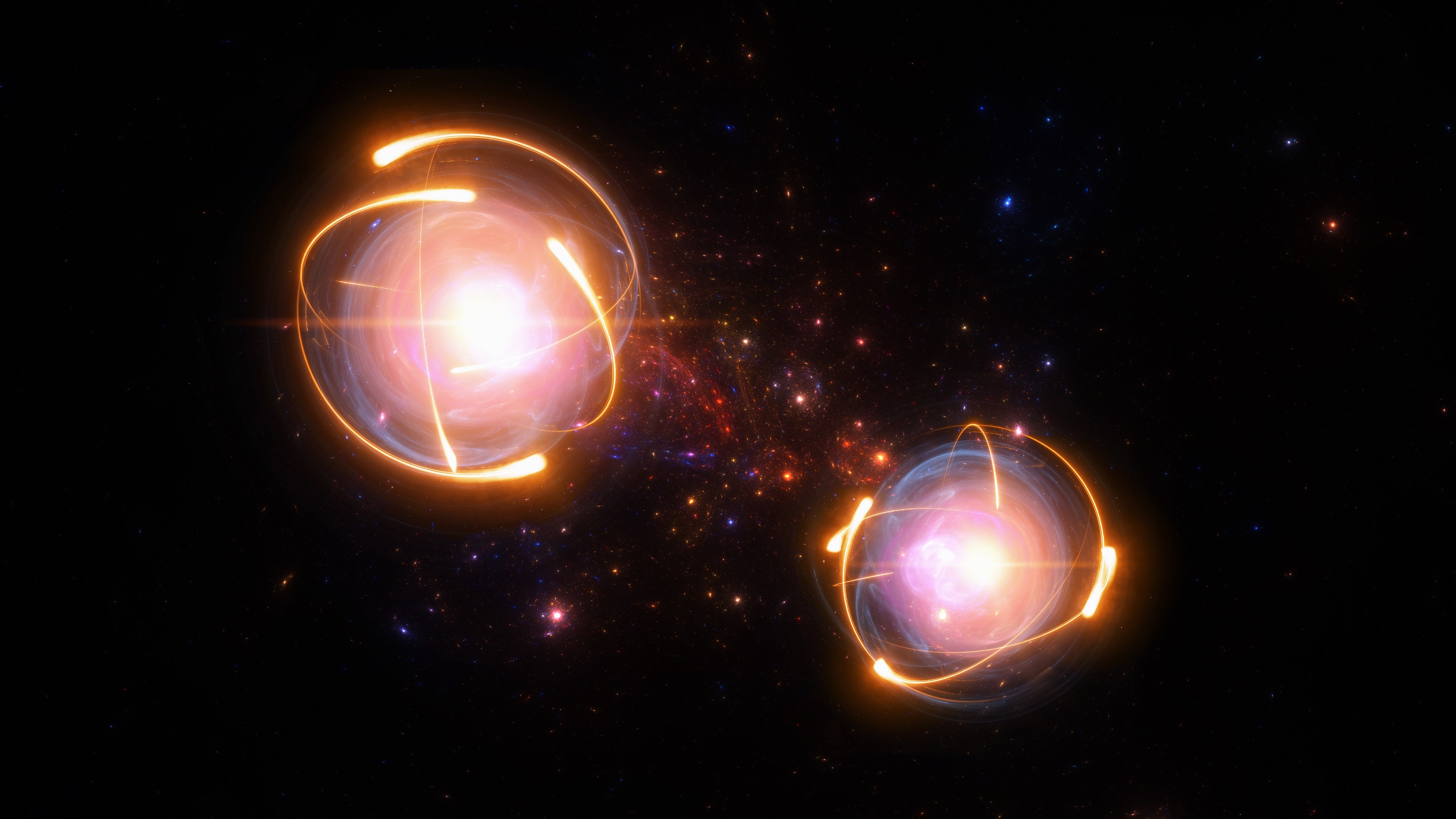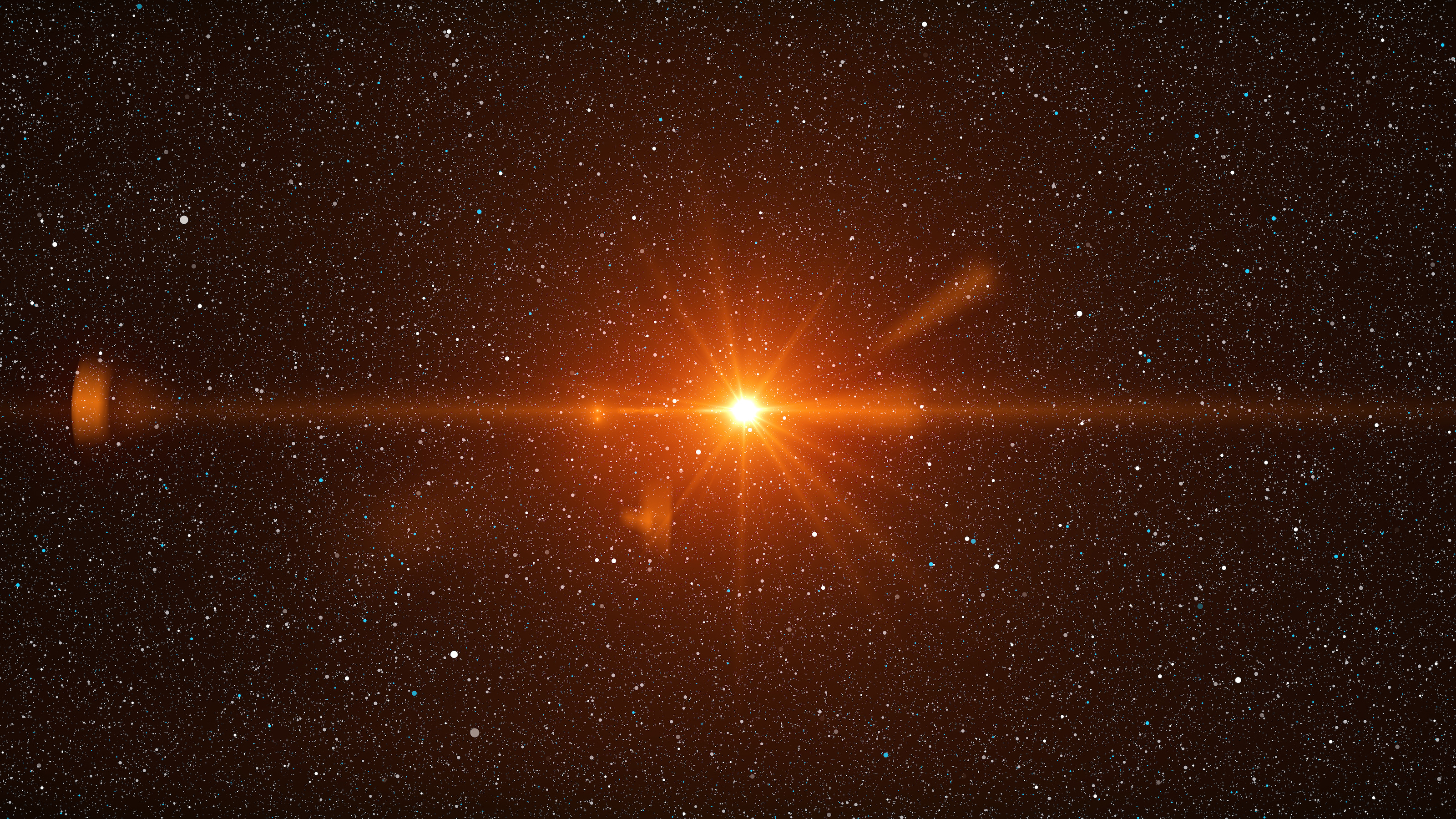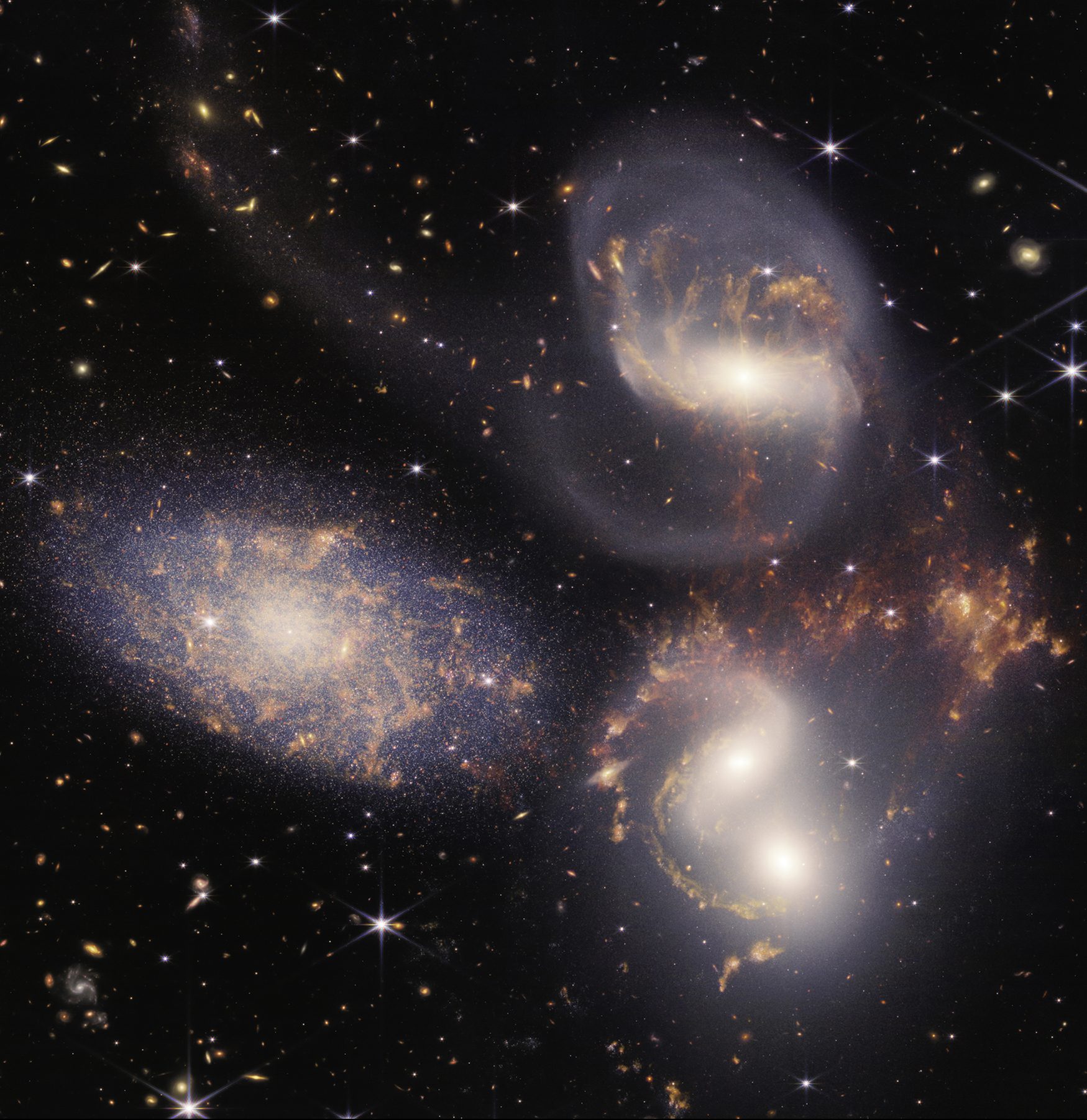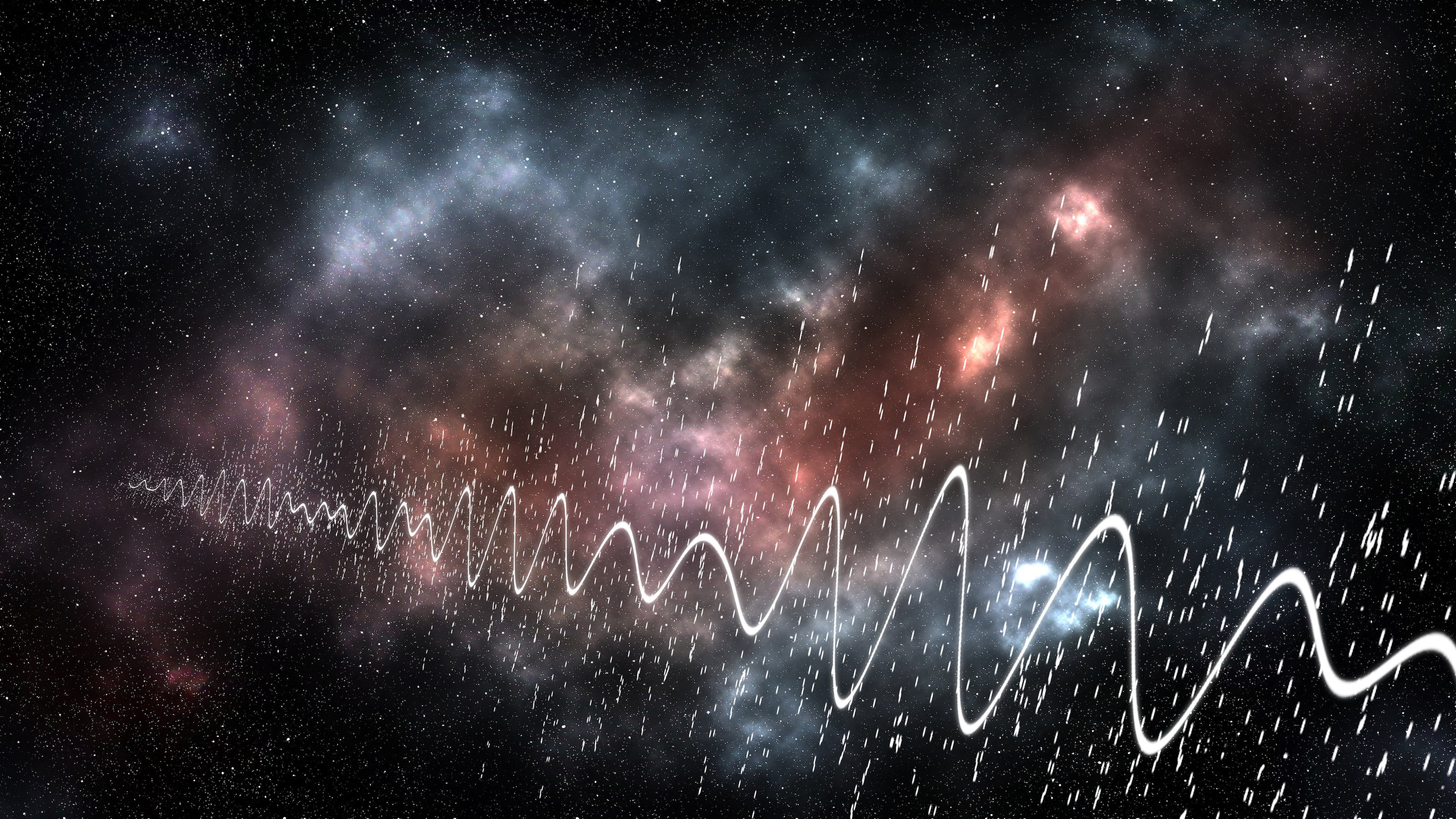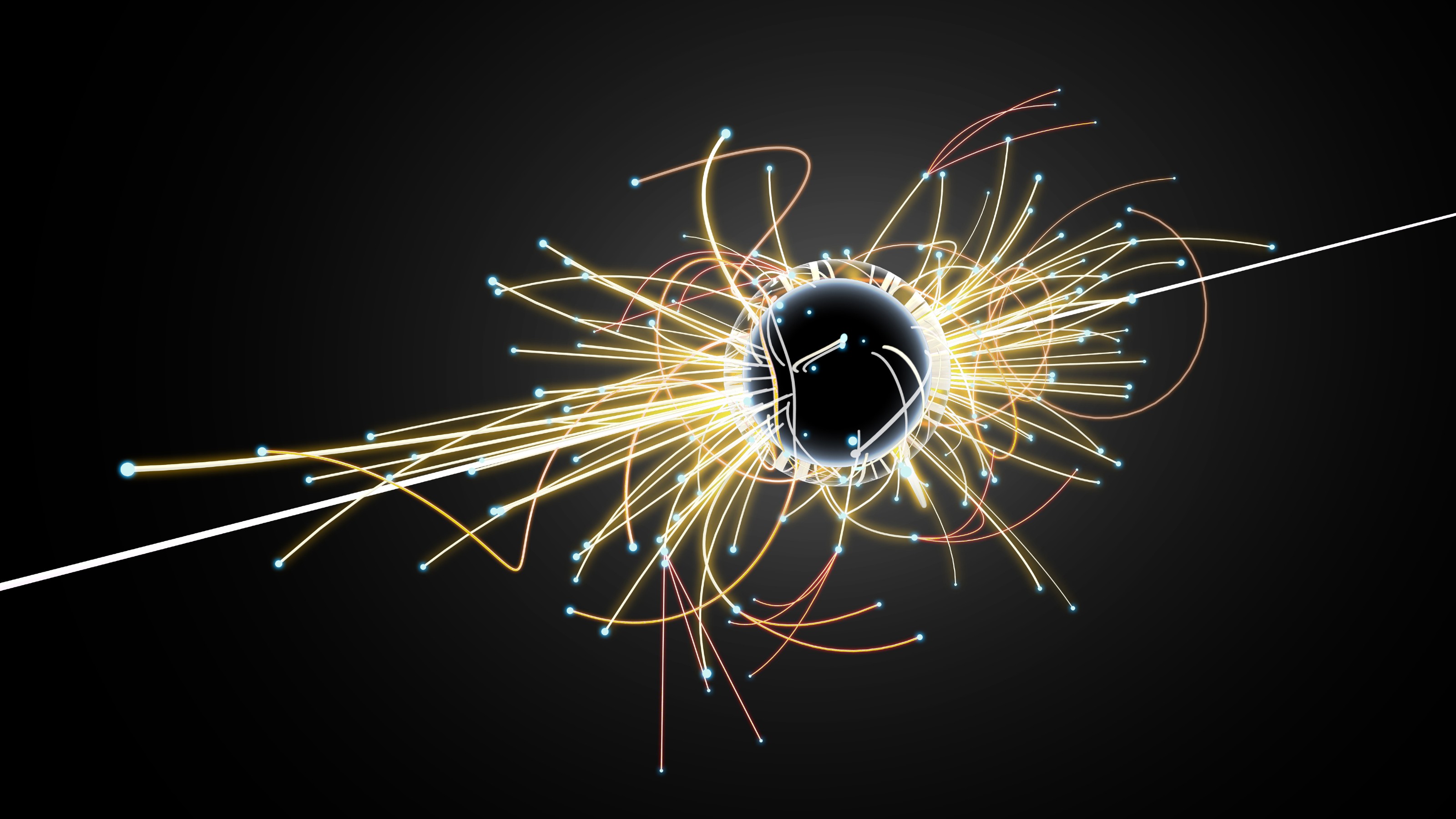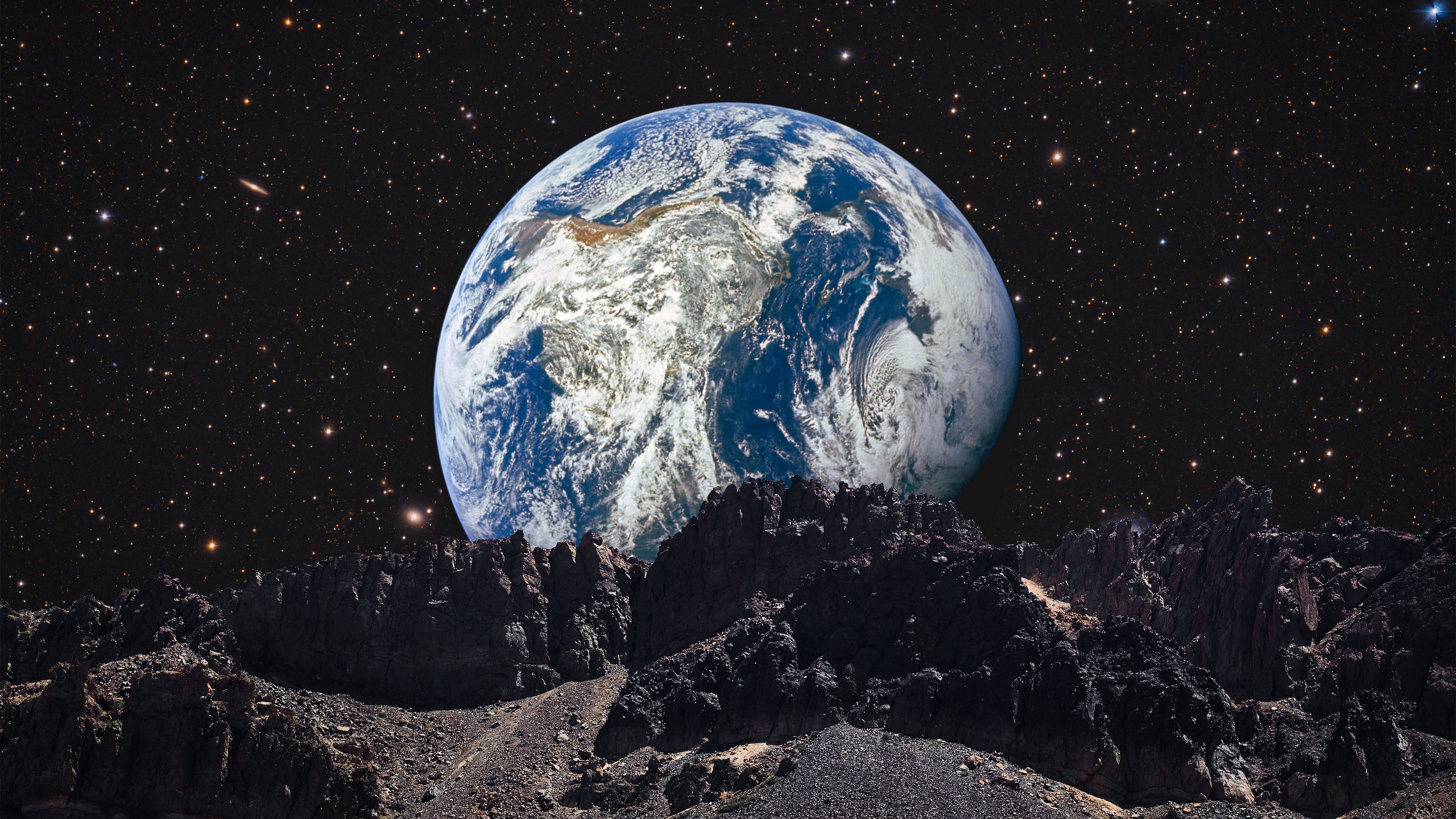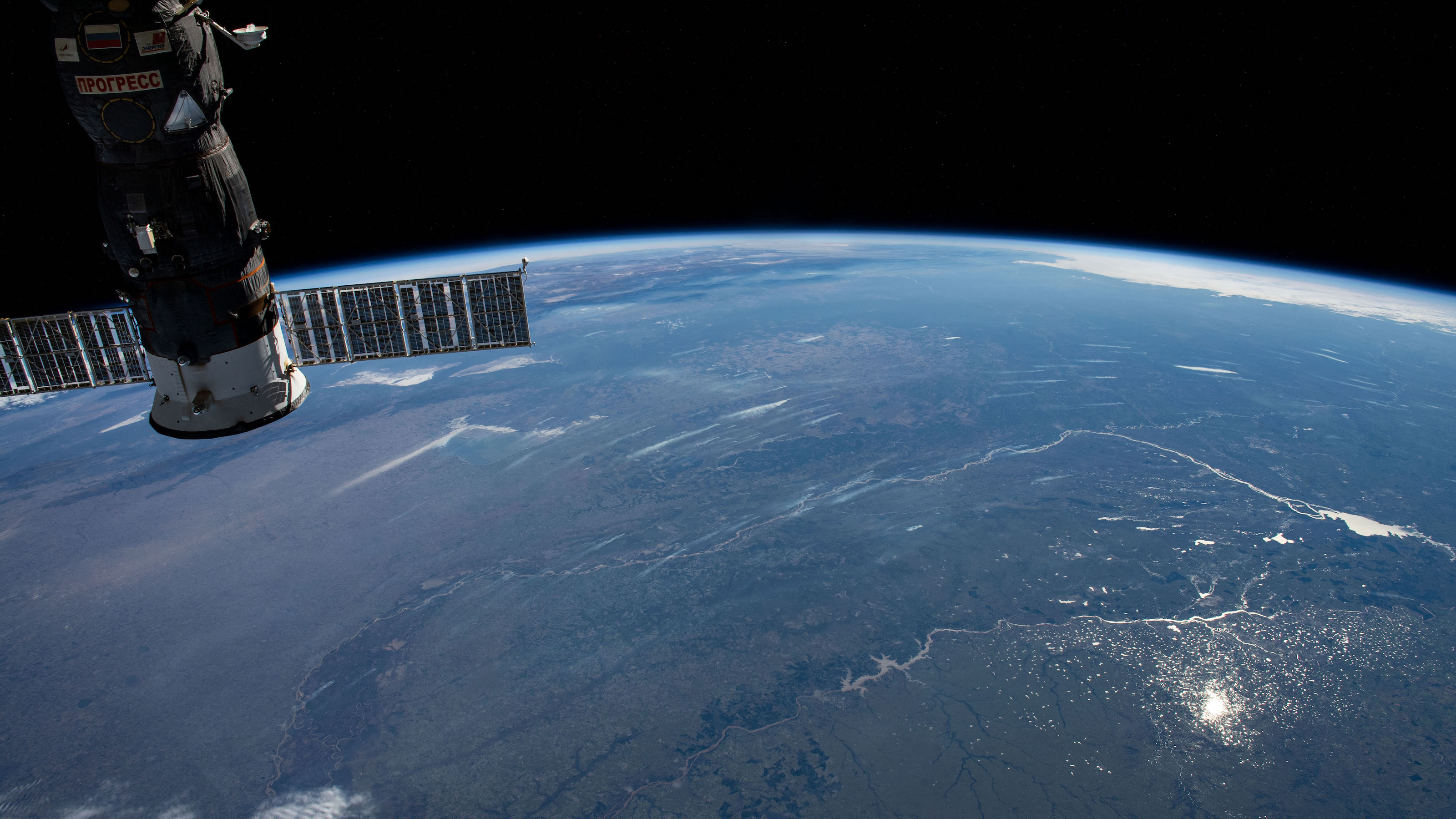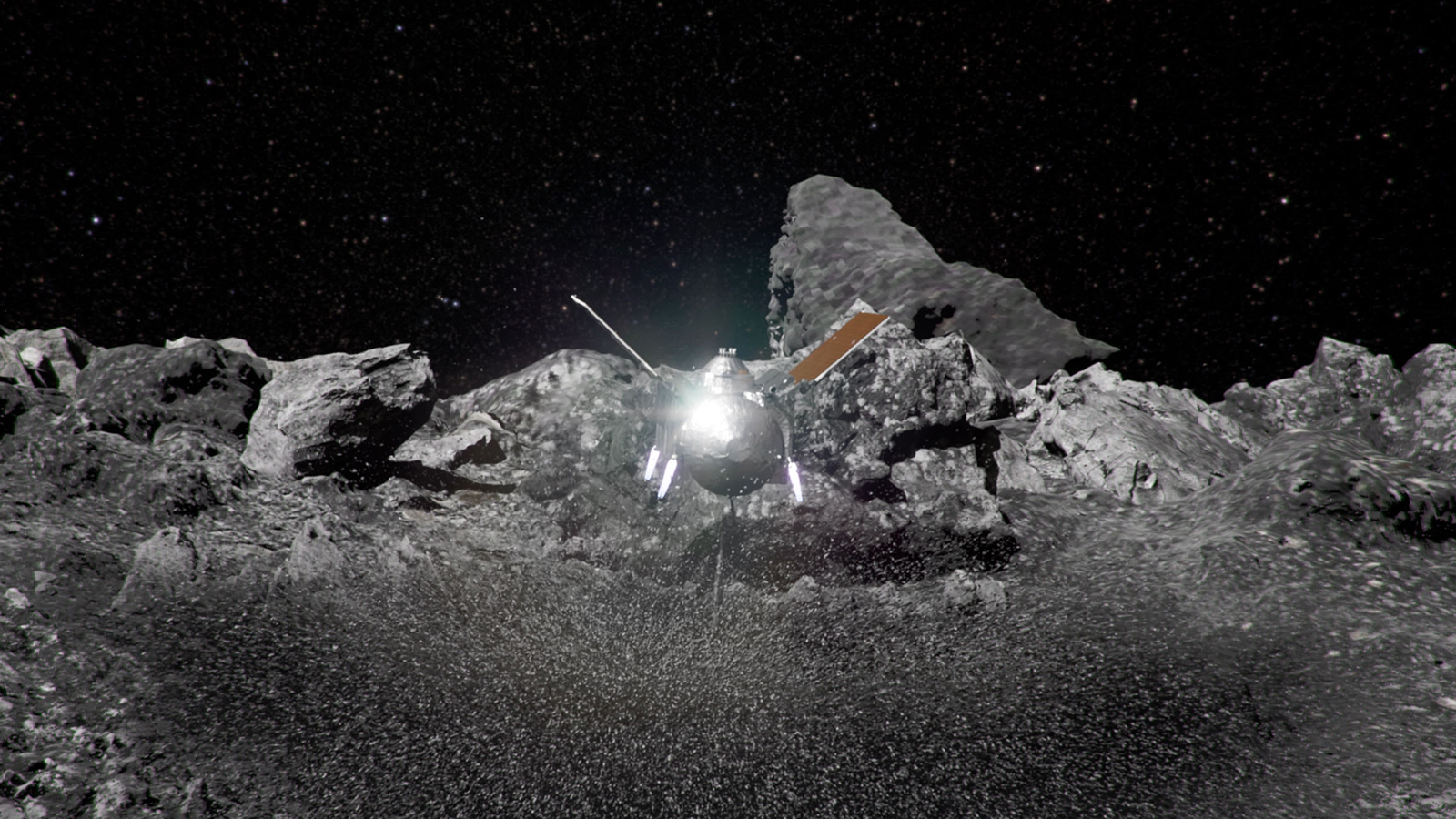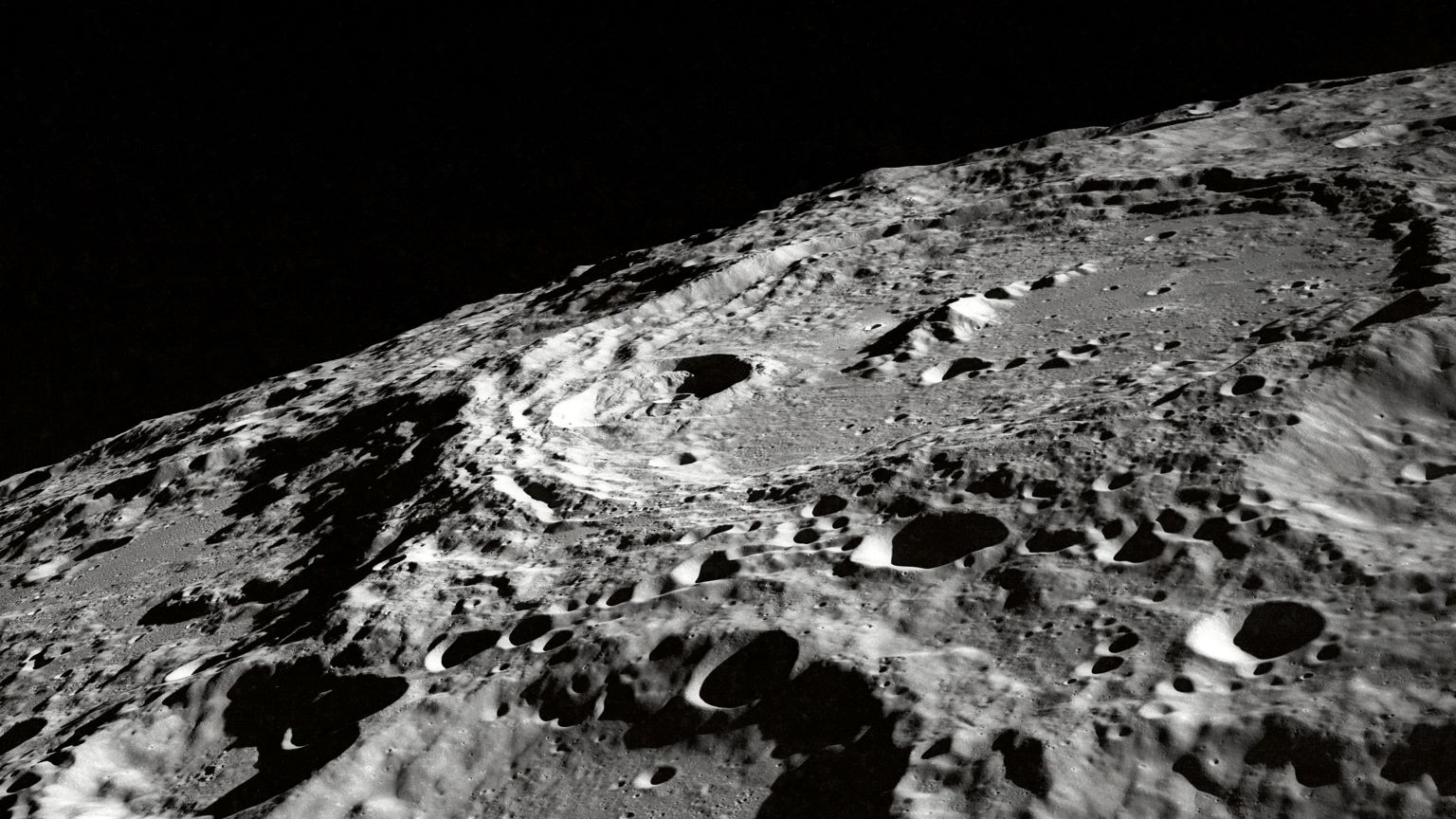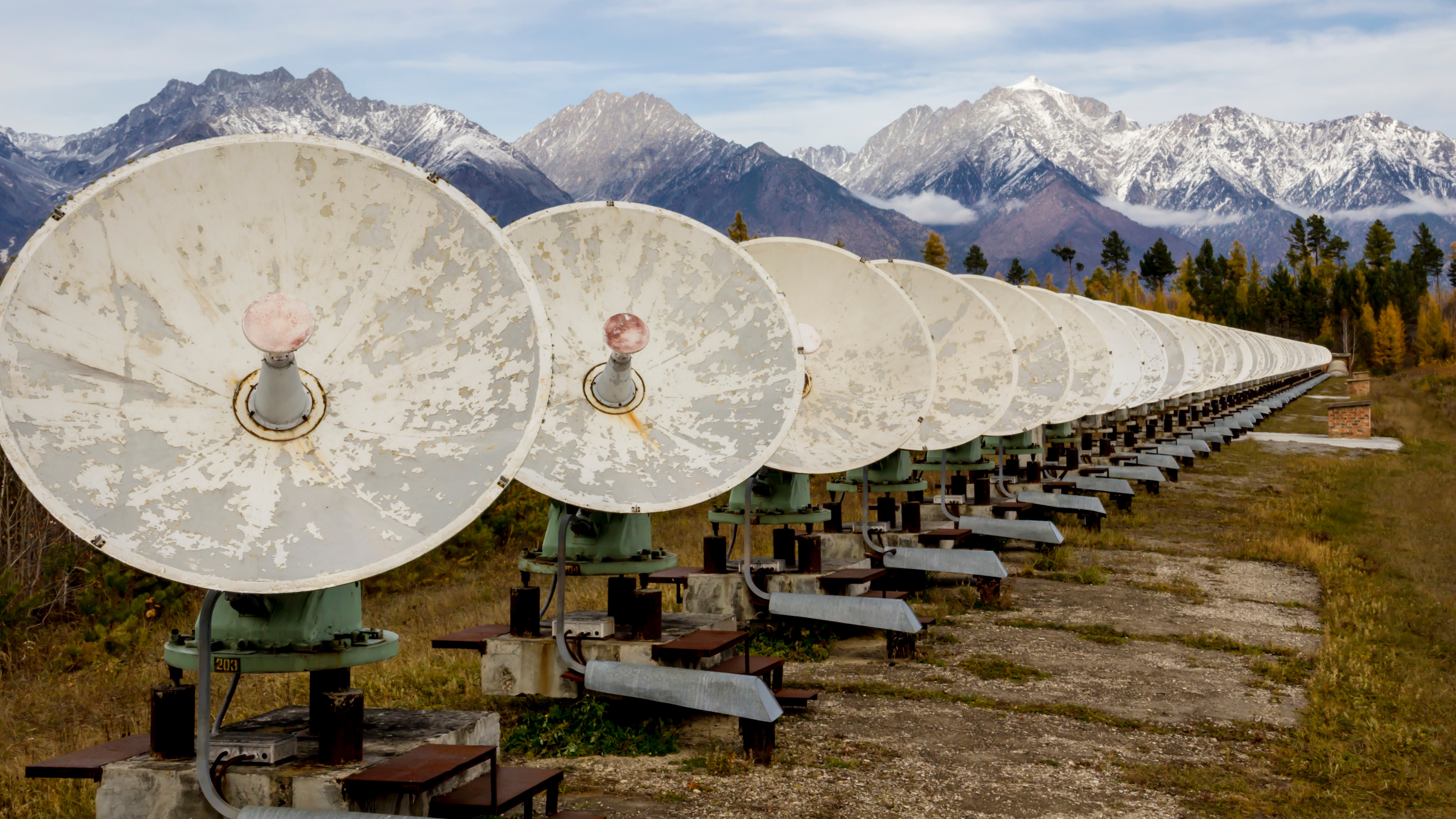Hard Science
All Stories
Over the past 50 years, 27 leap seconds have been added to our time.
One of the winners. Dr. K. Barry Sharpless, is now the fifth person in history to win two Nobels.
Uncertainty is inherent to our Universe.
From time-traveling billiard balls to information-destroying black holes, the world’s got plenty of puzzles that are hard to wrap your head around.
It could one day fuel nuclear fusion reactors.
The Big Bang is commonly misunderstood, warping our understanding about the Universe’s size and shape.
The theory is accurate within at least one part in a quadrillion.
UAP are no laughing matter anymore.
Recent research suggests that Earth’s magnetic field bounced back just as complex life was starting to emerge on our planet.
An average undergraduate student in physics is better than the AI.
You would think that with all our technology, like the James Webb Space Telescope, we would know how big the Universe is. But we don’t.
The war in Ukraine is unlikely to trigger a catastrophic nuclear meltdown. Physics and smart engineering are the reasons why.
Asteroid collisions aren’t always bad.
Venus Life Finder could launch as early as 2023.
The new material may make marine uranium extraction economically feasible.
If your computer crashes, it might be due to a star that exploded somewhere in the Universe millions of years ago.
Quantum mechanics forces us to toss out the old, reliable ways in which we make sense of our everyday reality.
Unexpected images of galaxies from the James Webb Space Telescope do not disprove the Big Bang. There are other likelier explanations.
Hubble revolutionized astronomy more than once. Here’s what we can expect from the James Webb Space Telescope.
In special relativity, the statement that two events happened at the same time is meaningless.
Should we be searching for life on other planets, or technology?
The key problem with the dark matter hypothesis is that nobody knows what form dark matter might take.
Not too hot, not too cold…
“You develop an instant global consciousness, a people orientation, an intense dissatisfaction with the state of the world, and a compulsion to do something about it.”
The surface of asteroid Bennu is more like a plastic ball pit than the Moon.
“The surface is no longer a record of every impact the moon has ever had, because at some point, impacts were erasing previous impacts.”
Quantum communication offers a surer path to sending an interstellar message, as well as receiving one. But can we do it?
The costs of such an endeavor would be extremely high, while the potential payoffs would be uncertain.

